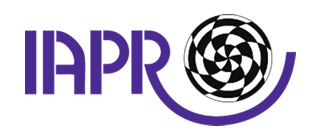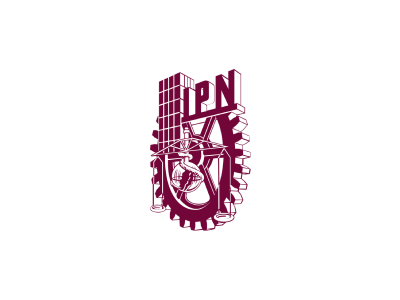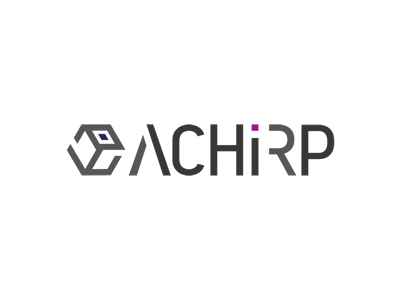
Distinguished Keynote Lecturers
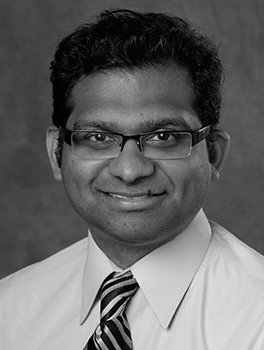
Prof. Arun ROSS
Michigan State University, USA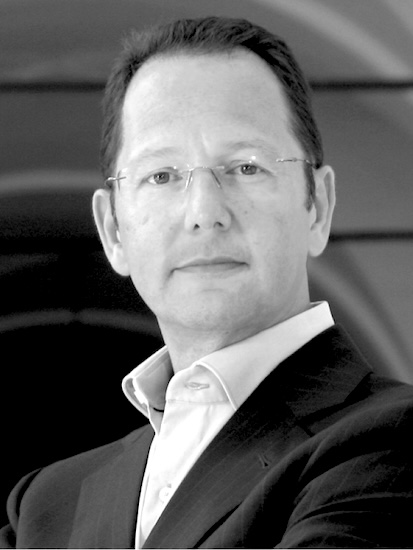
Prof. Massimo TISTARELLI
Università degli Studi di Sassari, Italy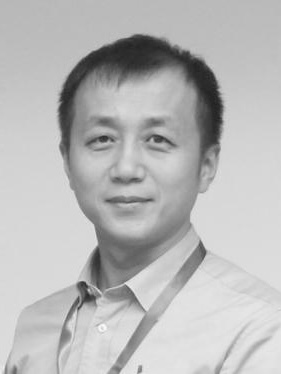
Prof. Shiqi YU
Southern University of Science and Technology, ChinaSpecial Keynote Lecturers
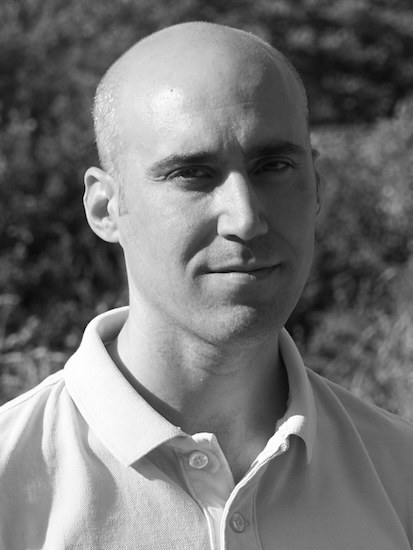
Prof. Manuel J. MARIN
Universidad de Córdoba, Spain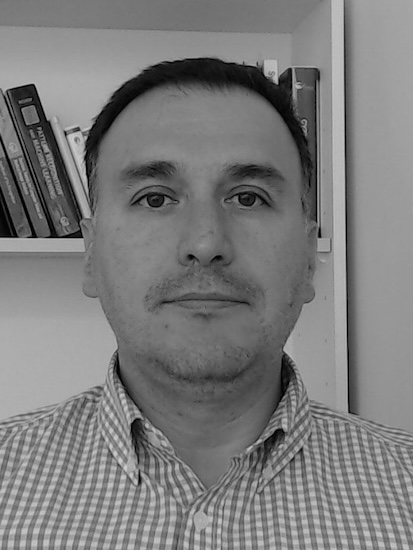
Prof. Juan TAPIA
Hochschule Darmstadt, Germany
Dr. Nicolas Guil Mata
Video and Image Processing Research GroupUniversidad de Málaga, Spain
School Programme Schedule
The classes will be held in two sessions (morning and afternoon), with a coffee break in the middle of each session and a lunch break. The classes will consist of theoretical and hands-on sessions.
Prof. Ajay Kumar, The Hong Kong Polytechnic University, Hong Kong
Prof. Julian Fierrez, Universidad Autónoma de Madrid, Spain
Prof. Anoop Namboodiri, IIIT Hyderabad, India
Prof. Marco Mora Cofré, Laboratory LITRP, Universidad Católica del Maule, Chile
Prof. Domingo Mery, National Centre for Artificial Intelligence, Pontificia Universidad Católica de Chile, Chile
Dr. Gaurav Jaswal, IIT Mandi, India
Dr. Francisco M. Castro Payán, Video and Image Processing Research Group, Universidad de Málaga, Spain
Dr. Daniel Benalcazar, Principal Software Engineer, SOVOS SSA Latinoamérica, Ecuador
Dr. Ruber Hernández García, Laboratory LITRP, Universidad Católica del Maule, Chile
Dr. Ricardo J. Barrientos, Laboratory LITRP, Universidad Católica del Maule, Chile
Dr. Gabriel Sánchez Pérez, School of Mechanical and Electrical Engineering, Instituto Politécnico Nacional, México
Dra. María Elena Buemi, Universidad de Buenos Aires, Argentina
Dr. José Portillo, School of Mechanical and Electrical Engineering, Instituto Politécnico Nacional, México
Other lecturers could be confirmed during next months.
Research topics in any aspect of biometric recognition, including and not limited to:
Contactless palmprint recognition.
Handprint biometric recognition using metric learning.
Gait biometrics and multi-task recognition.
Human activity recognition.
Synthetic data in biometric recognition.
Generation of palm vein images for biometric purposes.
Fake biometric detection.
Off-line writer verification.
Massive biometric identification.
Biometrics on the Edge: deployment on embedded systems.
Identity document fraud detection.
Foundation Models in Biometrics
Ethical, legal and social aspects of Biometrics in LATAM context.
A mentoring session will be held with some distinguished researchers to generate collaboration and guidance about the research under development by the students. This session will allow students to establish connections and collaborations and gain insights into potential career paths in academia and industry.
Additional sessions will be announced once being confirmed.
A Doctoral Symposium (DS) will be organized as part of the school. The DS provides a unique opportunity for PhD students to present their ongoing work and interact with other students and experienced researchers. The DS is open to PhD students at any stage of their doctoral studies; Master students are also welcome to present. All posters will be included in a "Book of Abstracts" to promote knowledge sharing.
The course timings will be arranged to allow the students some leisure and free time to enjoy the beautiful environment.
Other social activities will be announced once being confirmed.
School Directors

Dr. Ruber Hernández García
Laboratory of Technological Research on Pattern RecognitionUniversidad Católica del Maule, Chile
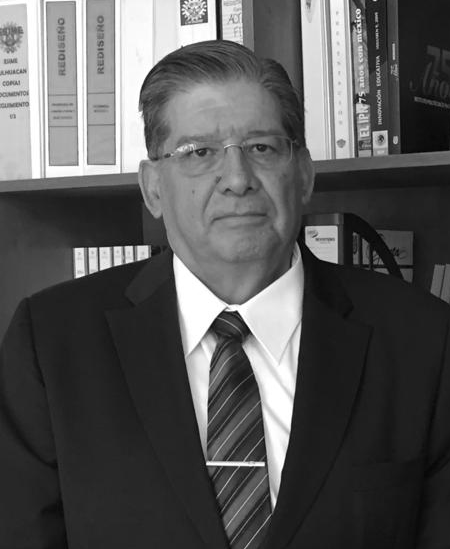
Dr. Héctor Manuel Pérez Meana
School of Mechanical and Electrical EngineeringInstituto Politécnico Nacional, México

Dr. Gabriel Sánchez Pérez
School of Mechanical and Electrical EngineeringInstituto Politécnico Nacional, México
Prof. Ajay Kumar
The Hong Kong Polytechnic University, Hong KongProf. Sergio A.Velastin
Queen Mary University of London, United KingdomProf. Julian Fierrez
Universidad Autónoma de Madrid, SpainDra. Karina Vilches Ponce
Laboratory of Technological Research on Pattern Recognition Universidad Católica del Maule, ChileHéctor Pérez
Instituto Politécnico Nacional, MéxicoGabriel Sánchez
Instituto Politécnico Nacional, MéxicoJosé Portillo
Instituto Politécnico Nacional, MéxicoLayla Legorreta Hernández
Dirección CVDR-Cancún, Instituto Politécnico Nacional, MexicoErika Rios Moreno
Subdirectora Académica CVDR_Cancún, Instituto Politécnico Nacional, MexicoVeronica Moreno Mocayo
Jefa del Departamento de Vinculación y Desarrollo CVDR_Cancún, Instituto Politécnico Nacional, Mexico
Registration Fees
The school's registration fees will be relatively low to encourage participation without
being an obstacle. The fees are mainly intended to cover the cost of coffee breaks and
materials for the participants. Accordingly, the registration fee will be €300 for students and post-doctoral participants,
including all teaching material, coffee break, and social reception for physical
participants. As hybrid event, the registration fee will be €100 for online participants.
The IAPR and BRECS.NET will provide a number of scholarship grants to research student participants of the SSABT2025.
Registration Form
| Registration Type | Early Fee (By Sept 1st) |
Standard Fee (By Oct 15th) |
Late Fee (After Oct 16th) |
|---|---|---|---|
| Student or Post-Doctoral | € 250.00 | € 300.00 | € 350.00 |
| IAPR/IEEE Member | € 300.00 | € 350.00 | € 400.00 |
| Professional or Researcher | € 350.00 | € 400.00 | € 450.00 |
| Online Participant | N/A | € 100.00 | € 150.00 |
Cancellation policy: All cancellation requests must be made via email to secretariat@brecs.net by October 15th, 2025. Cancellation rates are applicable: 20% GST of the paid registration amount + applicable bank charges. NO CANCELLATION will be allowed after October 15th, 2025.
Registration and Payment/Invoice information: After registration, you will receive a payment link by email. The only acceptable payment mode is through the payment link. We will not accept wire payment, Cheque or PO. A receipt will be issued upon the validation of your payment. Your receipt will be sent to the email-id given during registration. If you need an invoice or an invitation letter, please contact us secretariat@brecs.net.
IAPR Scholarship
The IAPR funds graduate/postgraduate students scholarships to significantly defray their
costs for attending the school to cover their travel and accommodation costs.
The School Committee will award as many scholarships as possible in order to ensure
the greatest number of participants and a significant reduction in participation costs.
Partial scholarship is allowed with 50% coverage of the grant for those students
who do not meet the total requirements or opt for it.
The student scholarships will be evaluated and awarded to the best
applicants based on their academic and scientific merits, financial need,
and international diversity, according to the following criteria with a total of 7 points.
To apply for the IAPR scholarship, students must email their CVs and Motivation Letter to secretariat@brecs.net.
Academic and Scientific Merit: CV, GPA, academic achievements, IAPR membership, or letters of recommendation
Financial Need: Income level, scholarships received, or cost of attendance depending on country of origin.
Statement of Purpose: Applicant's goals, connection to the grant's mission, and how the grant will contribute to their education.
Diversity: Country of origin, gender, underrepresented backgrounds in the field, or unique perspectives.
The school directors will review all applicants and select the recipients based on the defined criteria.
Based on the score obtained, a shortlist of all applicants will be established, and the
best applicants will be selected based on a minimum score or ranking according to the available budget.
The final selection must ensure a geographically diverse pool of awardees.
Scholarship recipients are required to present their posters in the poster session.
The venue for the event will be Centro de Vinculación y Desarrollo Regional (CVDR) of the Instituto Politécnico Nacional in Cancun, Mexico. The CVDR is located at Blvd. Kukulcán Km. 12.5, Centro Empresarial Cancún, Torre A, 1er piso, Zona Hotelera, Cancún, Quintana Roo.
There are several restaurants and hotels around the CVDR. Below is a list of hotels that are conveniently located close to the event venue:

